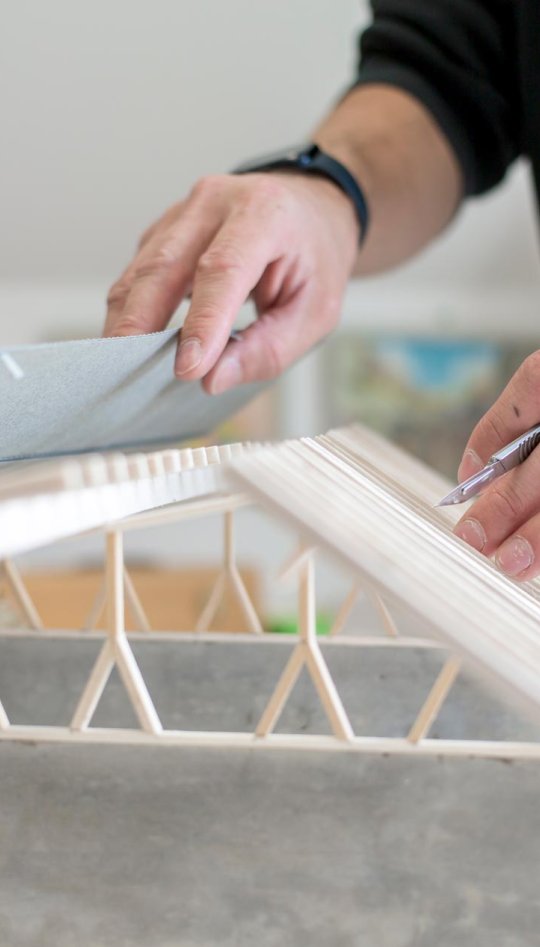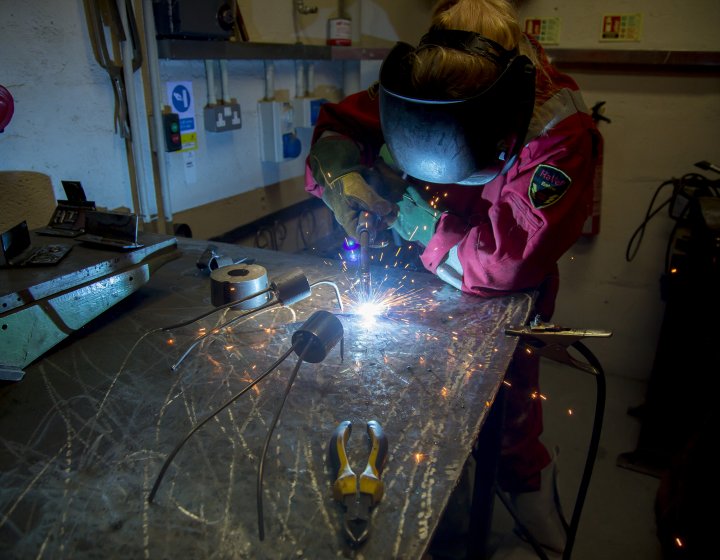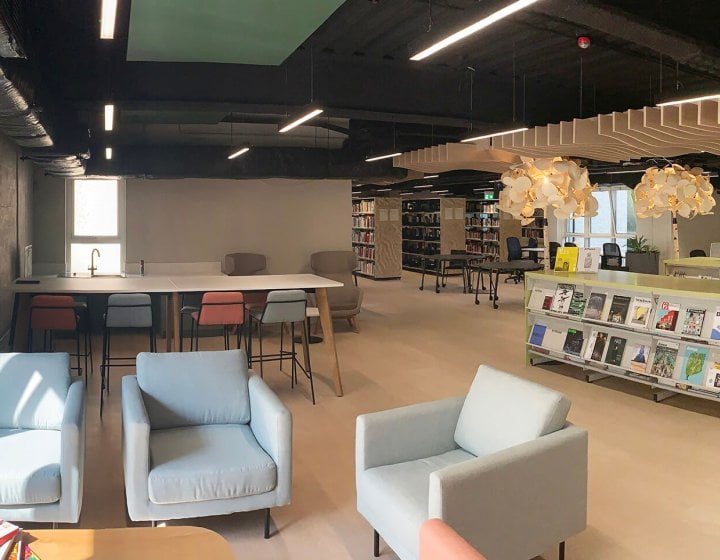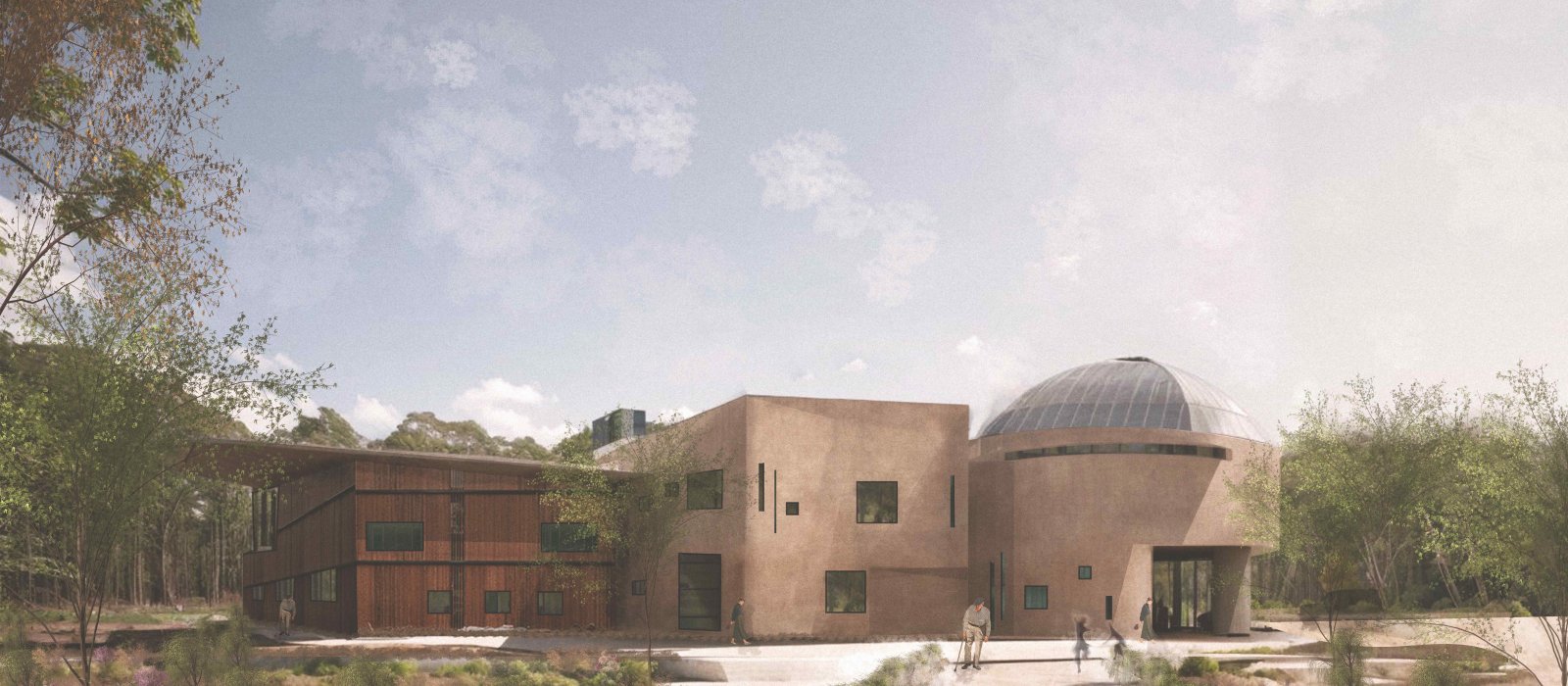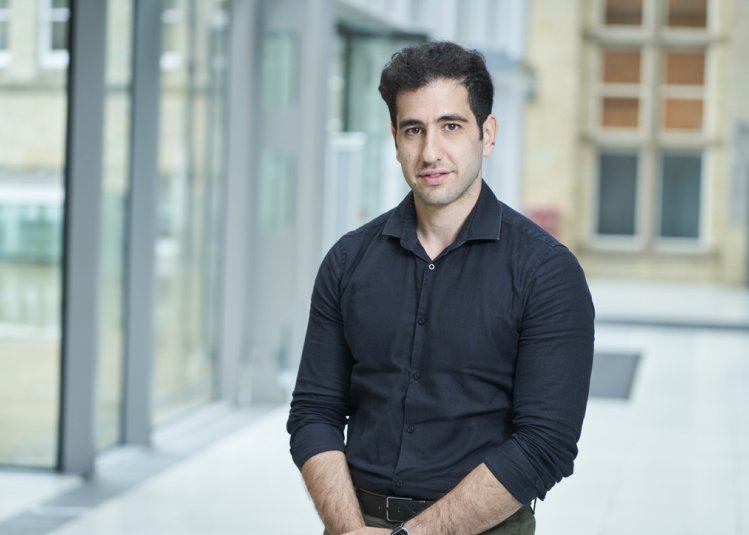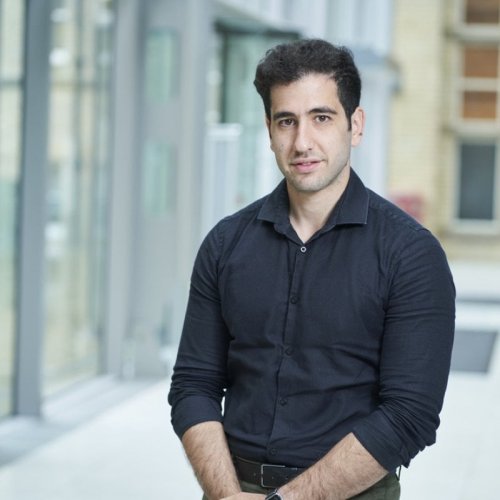Course overview
Spatial Design MA is new for entry year 2026.
Physical environments have the power to drive social, environmental and ethical change. This course explores that potential: examining how heritage, culture and ecology shape the built environment, and helping you forge your own impactful design practice.
On this studio-based master's course, you’ll work collaboratively in industry-standard facilities, learning to design spaces - interior, civic, cultural and environmental - that are responsible, ethical and responsive to real communities.
As you master new and emerging digital technologies, including spatial recording and analysis and mixed and virtual realities (MR/VR), you will be encouraged to specialise within the field of spatial design, developing your interests and expertise. You will also develop the critical research methods, visual communication and presentation skills required to take your professional practice towards key industry roles or further doctoral study.
You’ll emerge from the course as an expert in your chosen field, whether that’s rebuilding in post-industrial contexts, reimagining civic interiors, adapting heritage spaces or designing for environmental repair.
Why study this course at Falmouth?
- Hone your ability to practise spatial design as social, environmental and ethical action: improving access to heritage, enabling community use of contested sites, or planning inclusive public interiors.
- Situate your design practice in Cornwall's layered heritage and ecology and learn how to work with communities and stakeholders – not just for them.
- Join a dedicated postgraduate community, collaborate with other master's-level designers and researchers, and have the opportunity to connect with active-funded research networks and centres.
- Direct your own specialist agenda and build a professional portfolio around it.
Similar courses
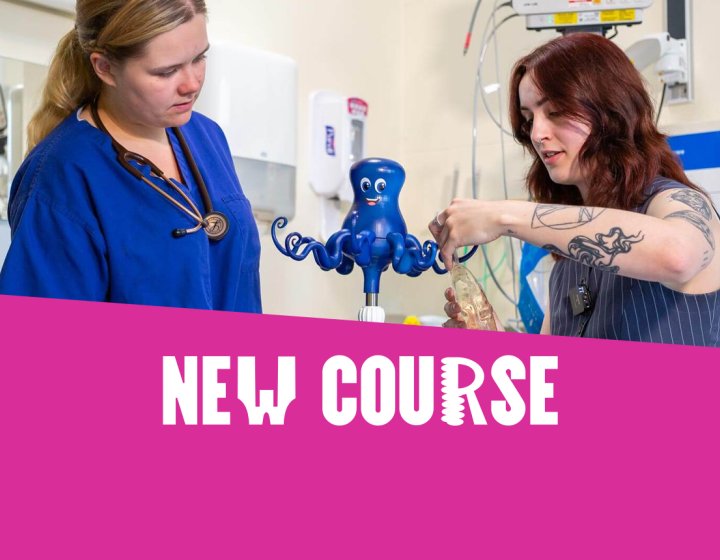
Design Innovation MSc
Challenge and shape the future of conscious, global design.
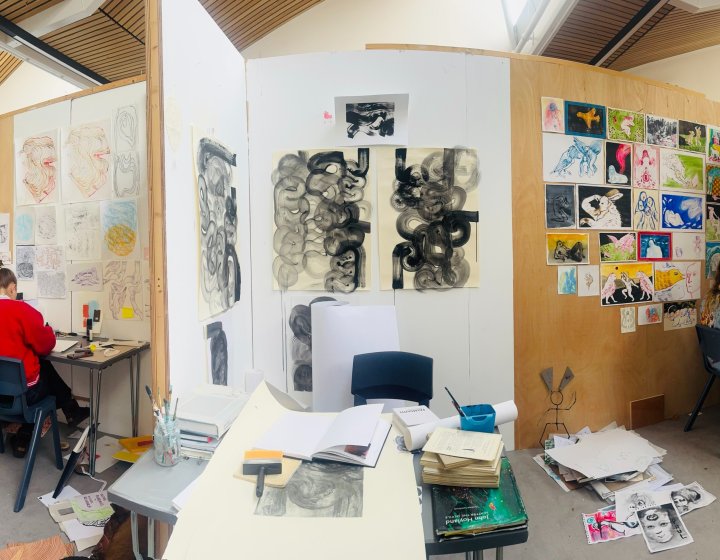
Fine Art MA
Refine your artistic practice through experimentation, innovation and applied research.
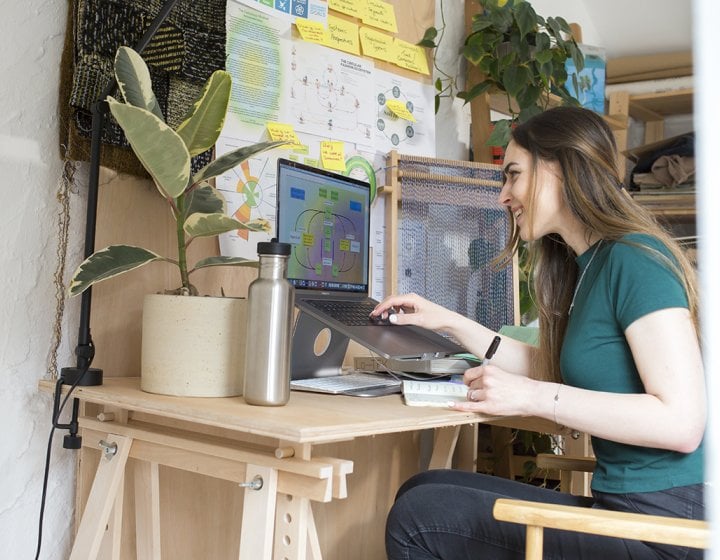
Sustainable Fashion MA (Online)
Become a conscious changemaker in the 21st century fashion industry. Position yourself as a catalyst...
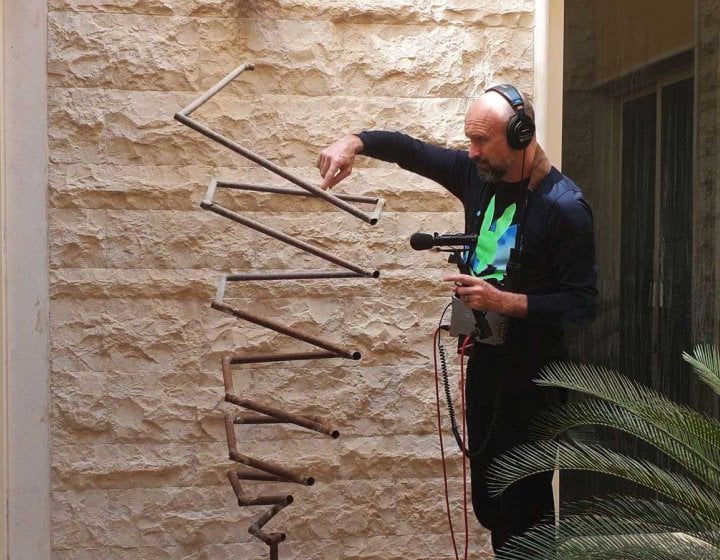
Fine Art MA (Online)
Tap into Falmouth’s renowned fine art expertise from your home and studio. You'll learn to build a...

User Experience Design MA (Online)
Learn how to apply key principles of user-centered design to create original work based on your own ...
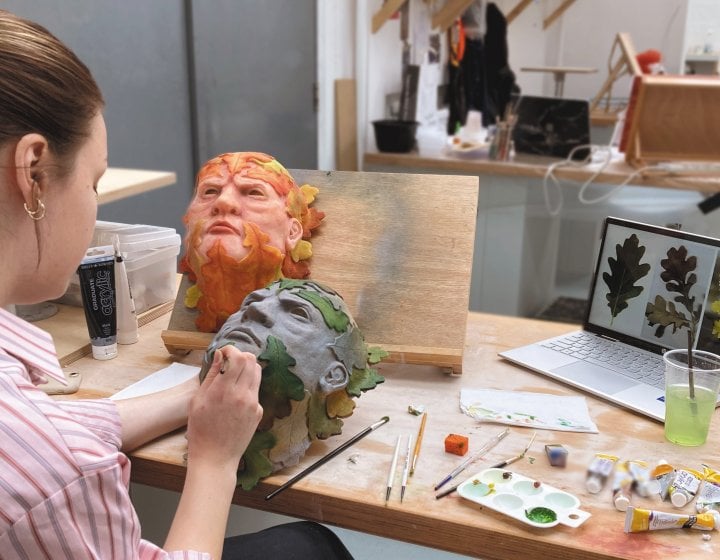
Prosthetic Effects MA
Launch your career in prosthetic effects with this unique course. Working hand-in-hand with world-cl...
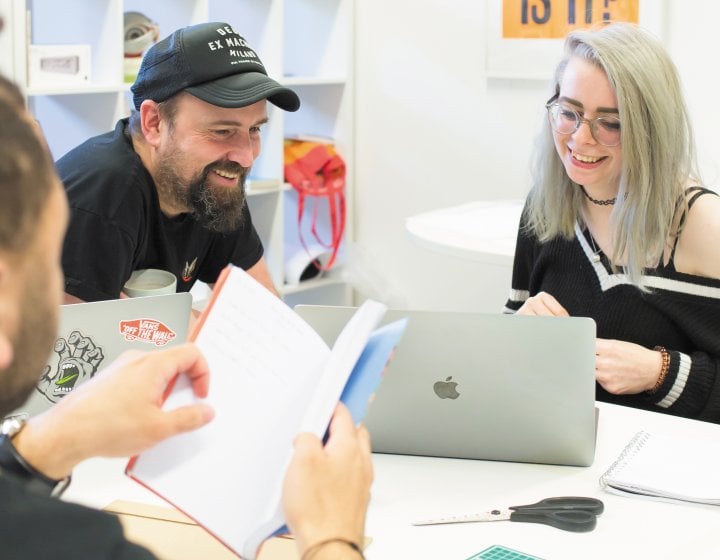
Communication Design MA
Design thinking is an essential tool for understanding the world around us, and at a time of unprece...
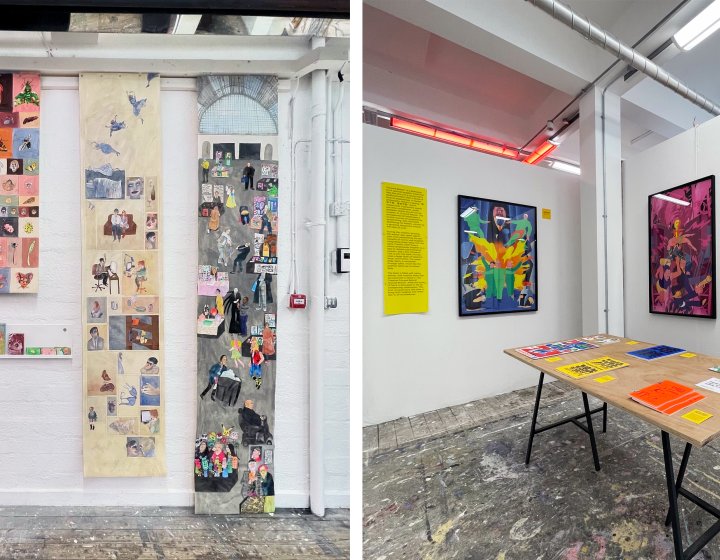
Illustration: Authorial Practice MA
Develop your unique visual language on this studio-based Illustration MA. You’ll learn to see your...
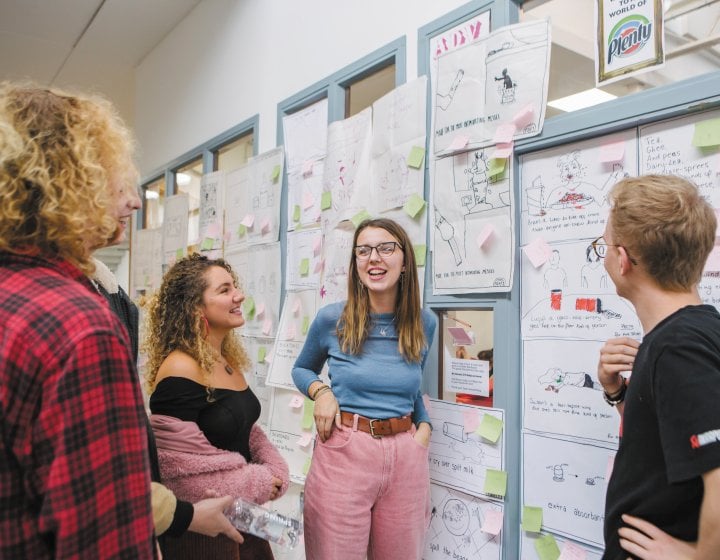
Creative Advertising MA
Master the contemporary craft of advertising. On this innovative master's course, you’ll ente...
